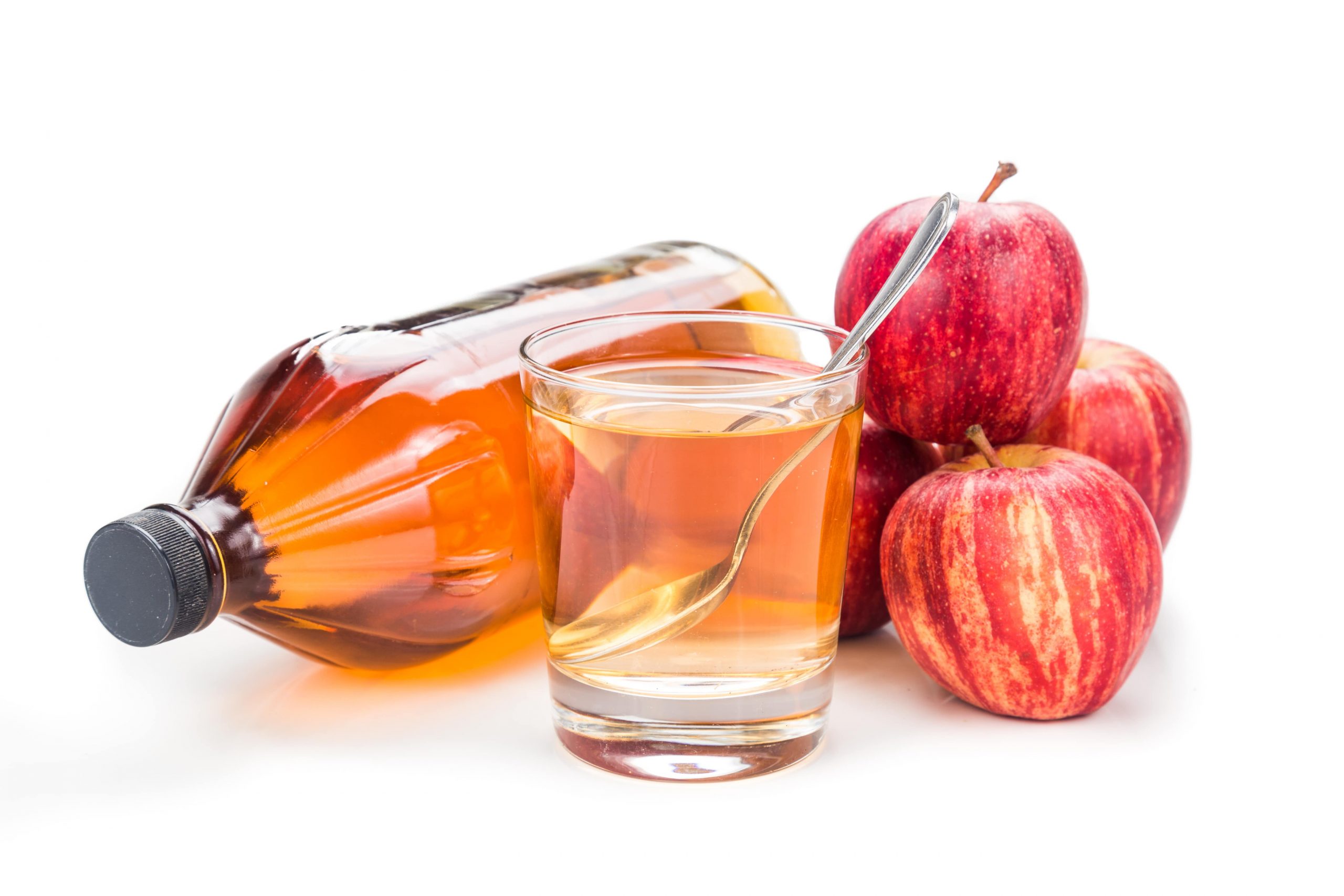Apple cider vinegar is one of the pantry’s versatile ingredients whose acidic nature makes small portions appropriate for use. Therefore, you might end up with a bottle of partly used apple cider vinegar and wonder whether it may go bad soon.
Apple cider vinegar is one of the pantry’s staples and a versatile ingredient with massive health benefits, including killing microorganisms and making a good mouthwash. As a food ingredient, it is used for baking and cooking and to make beverages, salad dressings, and marinades, making it one of the most cherished ingredients. Because of its highly acidic nature, you may find yourself using only part of the bottle contents and not the entire bottle. Therefore, you might want to know whether the vinegar can expire and for how long you can use it. Find the answers to these questions in this article.
How apple cider vinegar is produced
Apple cider vinegar is a slightly different vinegar whose manufacturing process differs from the other vinegar, right from the main ingredient being used. In preparing it, fresh apple fruits are chopped and thoroughly crushed. The crushed apples are then left to ferment, and yeast may be added to speed up the process, forming alcohol called ethanol. After the fermentation process, live bacteria are introduced to convert the ethanol to form acetic acid, the main component of the apple cider vinegar.
Is apple cider vinegar acidic, basic, or neutral based on the pH scale?
The pH scale is a chart that helps one know the nature of a substance, whether acidic, basic, or neutral. The scale has calibrations ranging from 1-14; where anything below 7 denotes acidity, 7 stands for a neutral substance, and anything above 7 means that the substance is basic. Besides, the smaller the value, the greater the acidity, and the bigger it is, the more basic a substance is.
Apple cider vinegar has acetic acid as its main component, meaning that it is acidic in nature. The only question is how much acidic it is. On the pH scale, apple cider vinegar scores 2 to 3, implying that it is highly acidic, a property that helps preserve the vinegar. How so? The next section discusses that.
The highly acidic nature of apple cider vinegar is beneficial
Apple cider vinegar is a highly acidic ingredient, scoring 2 to 3 on the pH scale. The pH makes it self-preserving hence its long shelf life. In fact, it has powerful antibacterial properties, which is why it can shun away bacteria like Staphylococcus aureus, Escherichia coli, and Candida albicans. In a study comparing the bacteria-killing properties of coffee, tea, beans, olive oil, and apple cider vinegar, the vinegar emerged to be the best, with the greatest defense against bacteria. Besides the antibacterial properties, the acidic nature of apple cider vinegar means that its shelf life is naturally prolonged.
Furthermore, the acidic nature of apple cider vinegar makes it stand out among other vinegar. It has a slightly tangy and sweet taste, an attribute linked to its nature. Although the acid in its concentrated form can cause corrosion, especially on the throat, mouth, gum, enamel, and teeth, it’s slightly palatable. To make it more palatable and useful in the diet, it is added to meals in small proportions. However, when used as a mouthwash, it is often diluted in water to lower its corroding effect.
Raw apple cider vinegar
If you often buy apple cider vinegar and walk in the supermarkets examining them, chances are high that you have come across the ‘raw’ apple cider vinegar. These refer to those packaged directly after the preparations have ended and have not been filtered or pre-heated. Usually, manufacturers heat the apple cider vinegar in a pasteurization stage to lengthen shelf life. However, the raw ones have not been pasteurized.
One common characteristic of raw apple cider vinegar is that they have some stringy murky substances lying afloat at the bottom. Though these may shock you, they are not dangerous. Besides, they don’t indicate that the apple cider vinegar has gone bad. Instead, they indicate the presence of healthy enzymes and good bacteria. Like raw honey, many people prefer raw apple cider vinegar.
The typical shelf life of apple cider vinegar
Most products have a shelf life, indicated by the ‘sell by’ date, beyond which you will not enjoy the product in its peak quality. Many studies mention two years as the shelf life of unopened apple cider vinegar and one year for the vinegar whose seal has been broken. However, the studies agree that apple cider vinegar can stay well beyond these dates and still function properly. Although you may want to refrigerate the vinegar, this might affect the shelf life so much. In fact, refrigeration is totally unnecessary.
Can one extend the shelf life of apple cider vinegar?
If apple cider vinegar is your pantry staple and you often use it as a main ingredient in the kitchen, you are definitely interested in extending its shelf life. Fortunately, extending apple cider vinegar’s shelf life isn’t hard, especially since it totally depends on the storage techniques. Here is what you can do to prolong the vinegar’s shelf life.
First, ensure that you store the vinegar in a dark bottle. Like some chemicals that can decompose in the presence of sunlight, apple cider vinegar can be affected by sunlight exposure, but storing it in a dark bottle prevents this. Secondly, keep it in a cool, dry place, preferably at stable room temperature where it’s neither too hot nor too cold. The kitchen pantry or basement are two ideal places for storing your vinegar. Thirdly, always keep the bottle closed to prevent oxygenation, which changes the vinegar’s composition, texture, and appearance.
Conclusion
Apple cider vinegar is a kitchen staple prepared by chopping and crushing apples and letting them ferment to form acetic acid. Although it’s usually said that its shelf life is 2 years, it can go well beyond that, depending on storage conditions. To extend its shelf life, store it in a cool, dry place, and keep the bottle closed to prevent oxygenation.
- FDC – Giejo Magazine Article - July 29, 2023
- MoriMa Tea the – Chinese tea culture - April 26, 2023
- Missionary Position – Least Likely To Bring You To Climax - April 7, 2023







